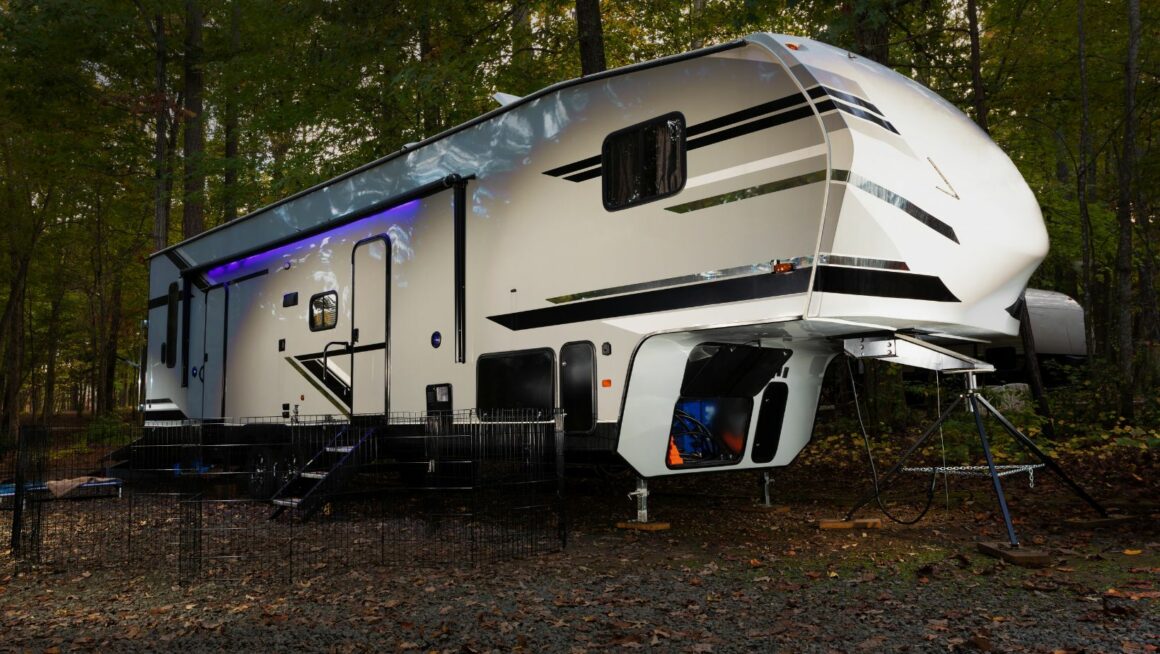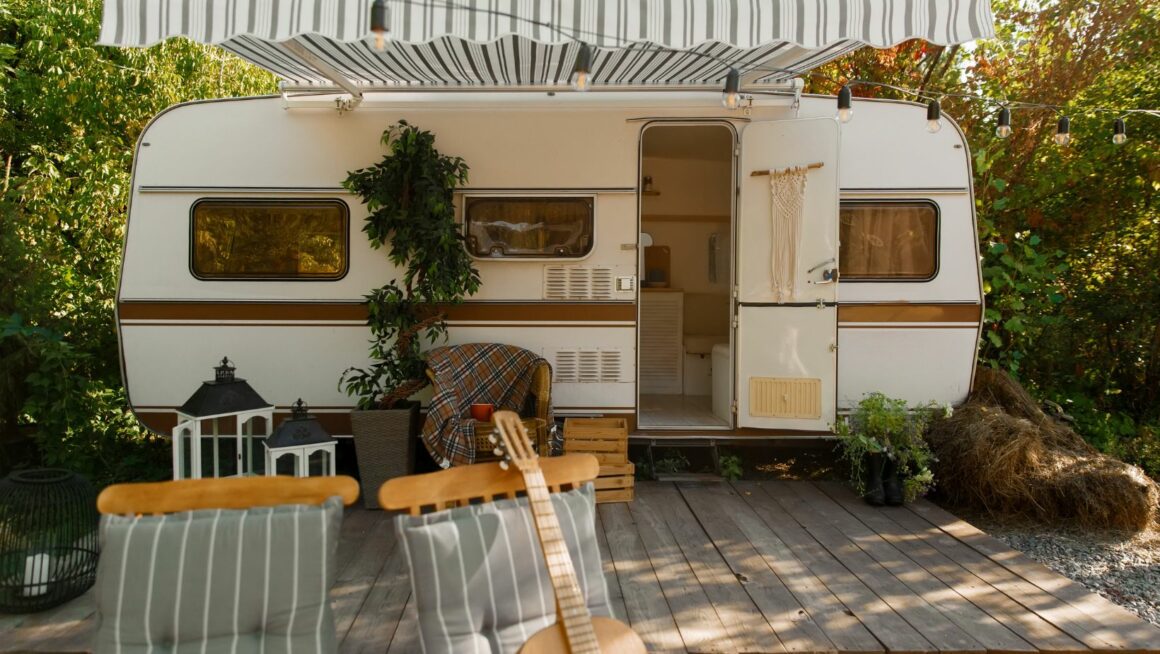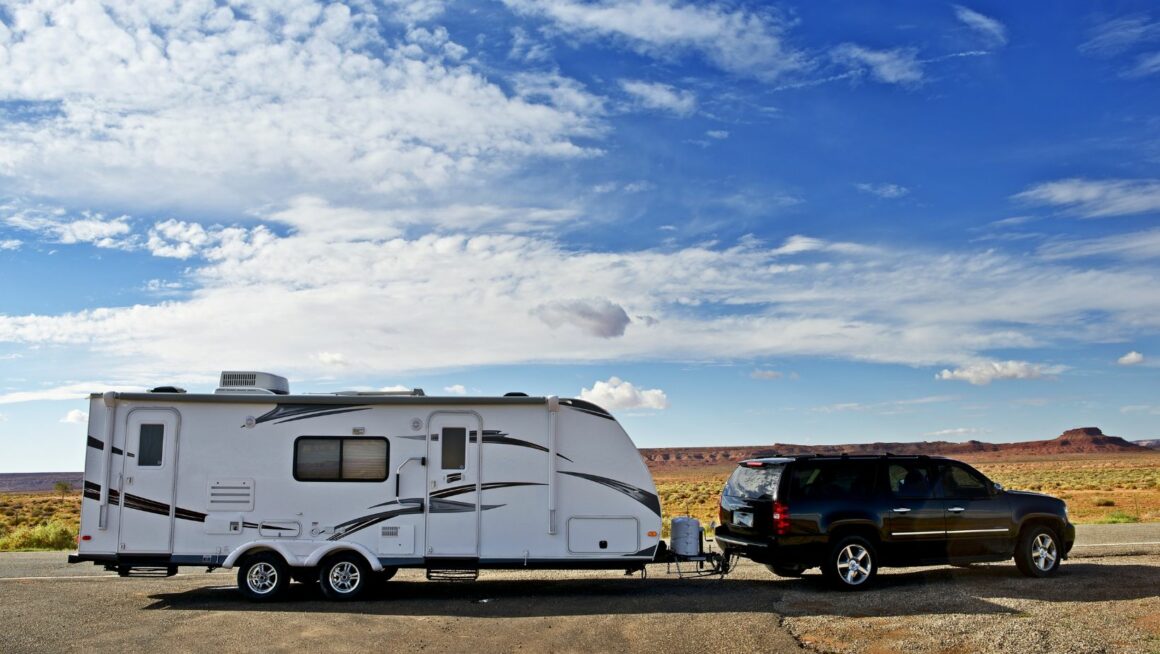Embarking on an adventure with a travel trailer offers a unique blend of freedom and comfort, merging the appeal of the open road with the conveniences of home. However, navigating this mode of travel comes with its own set of challenges and learning curves. From selecting the right trailer to mastering the art of towing and setting up camp, there’s a wealth of knowledge awaiting both novice and seasoned travelers.
Travel Trailer Tip
Selecting the right travel trailer is crucial for a comfortable and memorable journey. Size and layout stand as the primary factors to consider. A trailer’s size determines towing requirements and campsite compatibility, thus ensuring a smooth travel experience. Prospective buyers should consider the number of occupants to ensure sufficient sleeping arrangements and living space. Weight impacts fuel efficiency and towing vehicle capabilities; thus, it’s essential to match the trailer’s weight with the towing vehicle’s capacity. Features such as storage space, kitchen amenities, and bathroom facilities vary widely and should align with travelers’ needs for convenience and comfort. The choice of a new or used trailer also affects budget considerations, with used trailers offering potential savings. Safety features, including braking systems and tire quality, guarantee peace of mind during travel.
Essential Travel Trailer Tips for Beginners

Navigating the road as a first-time travel trailer owner involves understanding the nuances of towing and maintaining your mobile abode. Here are critical tips for beginners:
- Practice Towing: Before embarking on your journey, practice driving, reversing, and parking the trailer in a safe, open space. Mastery of these skills ensures comfort and safety on the road.
- Check Weight Limits: Ensure your vehicle can tow the trailer’s weight. Overloading can lead to accidents and damage both the trailer and tow vehicle.
- Secure Connections: Regularly verify hitch connections, brake lights, and turn signals are secure and functional to prevent mishaps during travel.
- Invest in a Good Brake Controller: For trailers without built-in brakes, a separate brake controller improves safety by synchronizing the trailer’s brakes with the tow vehicle.
- Pack Wisely: Distribute weight evenly inside the trailer, placing heavier items near the floor and in the center. This distribution aids in stabilizing the trailer while driving.
- Regular Maintenance Checks: Perform routine checks on the tires, brakes, lights, and battery before each trip to avoid breakdowns.
- Learn Basic Repairs: Equip yourself with knowledge and tools for on-the-road fixes, such as changing a tire or troubleshooting electrical problems.
Seasonal Maintenance Tips
Following the foundational advice for beginners, focusing on seasonal maintenance ensures the travel trailer remains in prime condition throughout the year. Key actions vary by season and safeguard against weather-related wear and tear.
Spring Preparations

- Inspect Seals and Roofing: Check for cracks or leaks to prevent water damage.
- Test Appliances: Ensure all internal appliances are operational after winter storage.
Summer Care
- Ventilation: Maintain air flow to avoid heat buildup inside the trailer.
- Tire Checks: Monitor tire pressure and wear, as higher temperatures can lead to increased wear.
Safety and Security on the Road
Maintaining safety and security while on the road with a travel trailer extends beyond seasonal maintenance. It involves proactive measures and the implementation of security devices to ensure a secure journey. Installing a high-quality hitch lock prevents unauthorized detachment of the trailer from the tow vehicle. Equipping the trailer with wheel locks adds an extra layer of security when parked. Regularly inspecting the trailer for any signs of wear and tear, especially in the brakes and tires, is critical. Ensuring that all lights and signals are fully operational enhances visibility and communication with other drivers. Carrying a comprehensive toolkit and a first-aid kit prepares travelers for potential emergencies or minor repairs en route. Staying informed about the weather and road conditions allows for safer travel planning and adjustments as necessary. By addressing these aspects, travelers can enjoy peace of mind, focusing on the adventure that lies ahead while minimizing risks.

